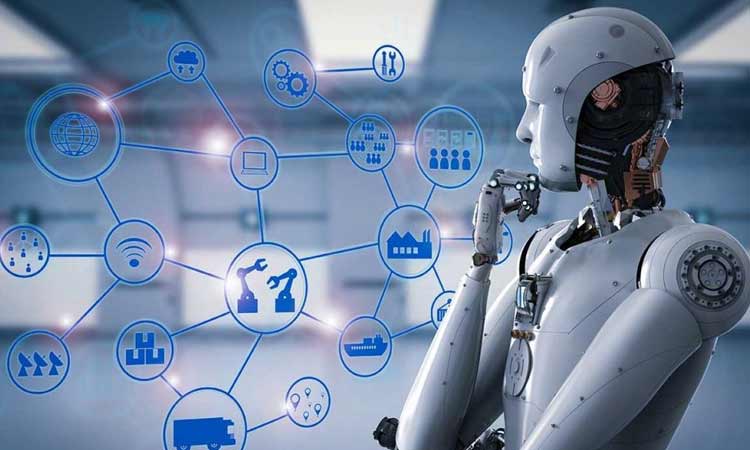The Peninsula
South Korean Presidential Campaigns Adopt AI

What Happened
- The presidential candidate for the People’s Power Party, Yoon Suk-yeol, introduced an AI version of himself to demonstrate his intimacy with technology.
- In response, Democratic Party’s presidential candidate Lee Jae-myung created a chatbot that answers question about his campaign.
- Presidential candidate Kim Dong-yeon also introduced an Artificial Intelligence spokesperson to make it easier to engage with voters online.
Implications: South Korean political campaigns are more proactive about adopting innovations than peers in other democracies. Public demonstrations of candidates’ familiarity with cutting-edge technologies reflect this trend – the digitization of the candidates as AI avatars is a first in any election. Given the general consensus that Korea’s long-term economic prosperity relies on technological advances, presidential candidates may also feel compelled to underscore their understanding of where digital trends are headed. Successive administrations have pursued policies that promise to leverage these innovations to generate jobs and exports.
Context: Mirroring challenges that other democracies are confronting with the role of social media in shaping discourse ahead of elections, Korea is also contending with politically-motivated behaviors that maliciously leverage the country’s highly networked environment. For instance, the search engine Naver suspended a function that allows users to see popular search terms in real-time because it proved susceptible to manipulation from political actors. Moreover, the search engine was fined around USD 23 million in 2020 for manipulating its search algorithm to give preferential treatment to its own services and contents over rivals. These issues raise questions on whether these technologies could be safely used to advance political discourse in a democratic society.
This briefing comes from Korea View, a weekly newsletter published by the Korea Economic Institute. Korea View aims to cover developments that reveal trends on the Korean Peninsula but receive little attention in the United States. If you would like to sign up, please find the online form here.
Korea View was edited by Yong Kwon with the help of Janet Hong, Yubin Huh, and Mai Anna Pressley. Picture from Flickr account of Reports Monitor
